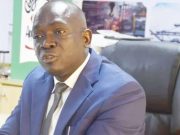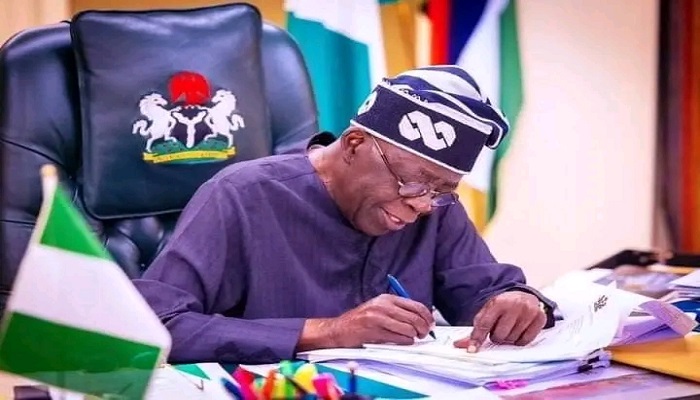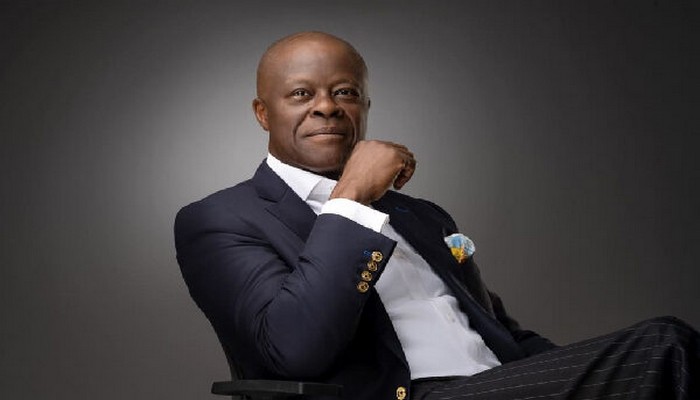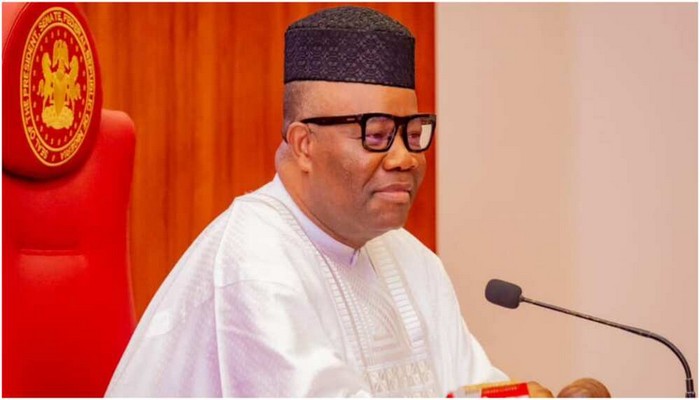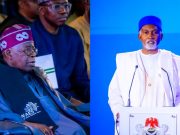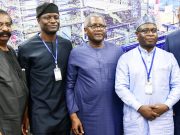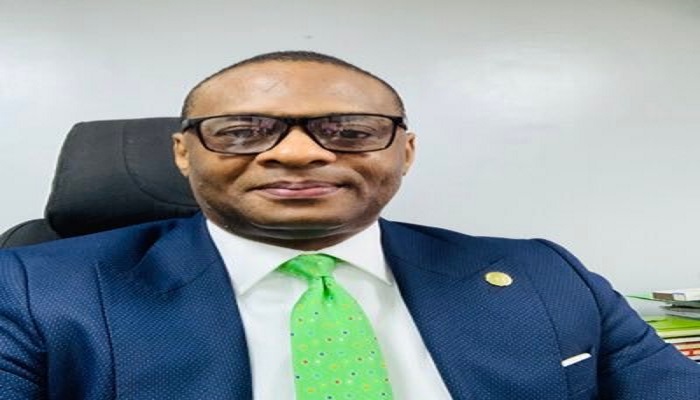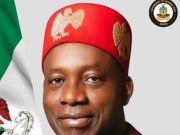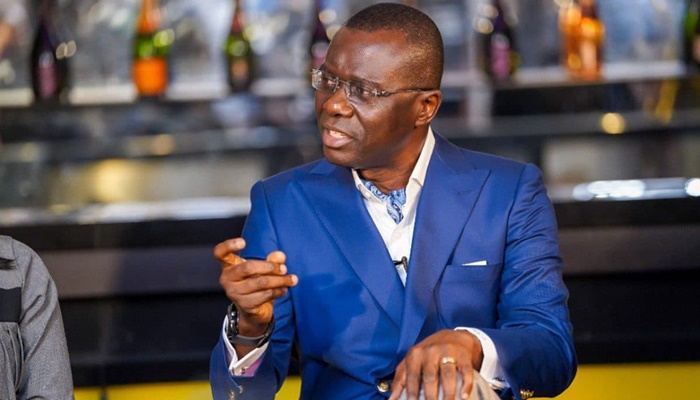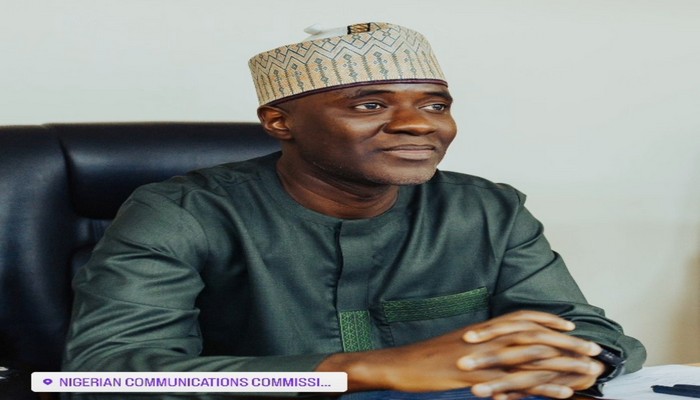The Lagos State Governor, Babajide Sanwo-Olu, has offered a fresh impetus on how true federalism can solve the current security challenges bedeviling Nigeria and put the country on the path of accelerated development.
Sanwo-Olu said decentralisation of some exclusive functions of the Federal Government, including provision of security, would provide instant answer to the current agitations threatening the unity of the country.
The Governor said the emergence of “beggar-states” as the major constituents of the Nigeria’s federation would not take the country to the future it desires in a world that is developing rapidly.
He said the flawed federalist ideals enshrined in the 1999 Constitution had continuously limited the power of the states to pursue individual development at their own pace, stressing that Nigeria must holistically address the “fundamental question” of federalism if the political class was serious about lifting the country out of the current quagmire.
Sanwo-Olu spoke on Tuesday while delivering a paper at the Freedom Online third annual lecture, with the theme: “Nigeria: Foundation, Fundamentals and Future.”
The Governor, represented by his deputy, Dr. Obafemi Hamzat, was the guest speaker at the event held at Sheraton Hotels in Ikeja.
The Lagos State Governor recalled that Nigeria was administered efficiently during the period of regional arrangement, pointing out that the feat was achieved because each region assumed autonomy on its resources and developed at its own paces without relying on handouts from the centre.
He said: “One of the legacies of military rule was the abolition of powerful and largely financially independent regional governments, and replacement with weaker entities known as States. These States were of course beholden to a very powerful central government that doled out resources to them and used every opportunity to make it clear that the states were appendages of the centre.
“At the time, the regions worked hard, earned their revenues from exports, from taxes, and so on, and kept a large chunk of what they earned. None of them came to Lagos – the then Federal Capital – with caps in hands for what we now refer to as ‘Federal Allocation’. Every region survived mainly on its internally generated revenue. There was also a healthy competition among the regions.”
The Governor stressed that provision of security must be “highly” decentralised, adding that States must play significant role in providing internal security, while the Federal Government must face the issue of defence, foreign policy, border controls, currency, and customs among others.
Sanwo-Olu also called for review of the terms of fiscal federalism between the centre and state governments, saying the Federal Government must consciously devolve more responsibilities and resources to states and local governments as those entities are the closest to the people.
He said: “Today, the revenue sharing formula is 52.6 per cent for the Federal Government, 26.7 per cent to the States and 20.6 per cent to local governments. The Federal Government takes the lion share, out-muscling the State and Local Governments, which are the closest tiers to the populace. State and local governments ordinarily should be drivers of development. As it is today, it is common knowledge that most states depend on monthly allowance from Abuja to survive.
“States should be free to control the drilling of oil and mining of solid minerals and pay the required taxes and royalties to the Federation Account. Many States really have no business being poor or suffering a cash-crunch given their huge mineral deposits. There is also no reason why States cannot generate and distribute electricity and license same, within their geographical limits. This can be done in a way in which necessary returns will be made to the Federal Government.”
In spite of challenges facing the nation, Sanwo-Olu said no one should lose hope of a better future, observing that the ongoing revolution in the agricultural sector and investment in infrastructure by the President Muhammadu Buhari Administration had started to gradually change the outlook of the national economy.
The Governor said ongoing reforms in agriculture must continue to sustain non-oil revenue and reduce dependency on single commodity economy.
He said: “What is clear to me is that to achieve these reforms that we require, many of our laws need to change. We need to re-write and update obsolete laws to bring them in line with the realities of today.
“We must believe in what we produce, and encourage everyone who seeks to make a difference in this regard. We must also consume what we produce. One advantage we have is our population; we have a local market that is sufficient to sustain as much local production as we can achieve. Many other countries are too small to enjoy this kind of privilege.”
Sanwo-Olu also called for increased investment in technology and innovation, which he described as the magic wand Nigeria could employ to be on the same page with global development.
The Convener and Publisher of Freedom Online, Gabriel Akinadewo, observed that the nation’s security challenges required the collective sacrifice of all citizens, stressing that the blame game among the ruling elite would not bring about solution to the problem.
Akinadewo noted that the Nigeria Police Force was efficiently run until the collapse of the Second Republic when the degradation of the police force began.
He said: “We cannot continue to use central method to tackle challenges. We need a national conversation on the current situation as the political class is challenged. Nigeria cannot afford to lag behind while the world moves at speed in development.”




